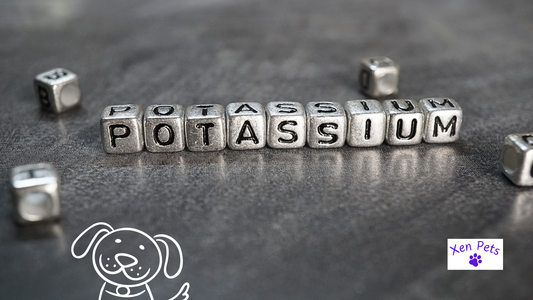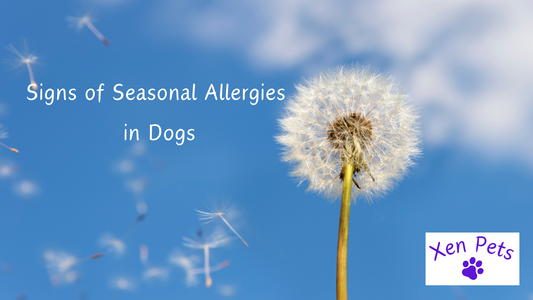Why is my dog shaking and acting weird all of a sudden?
Tory JohnsonShare
Dogs shiver and shake for many different reasons. As dog owners, it's important to understand why your dog is shaking. Is it due to fear? Maybe they're in pain? They could even be poisoned.
In this blog post, we'll explore what is causing your dog to act this way.
Whether your dog's anxious behavior has been going on for days or just started suddenly, we have the tips to help.
Why is my dog shaking? 10 Reasons
It's natural to be concerned when your dog is shaking, as this could mean something serious.
Let's take a look at 10 possible reasons why your dog may be shaking, so you can take the necessary steps to help them feel better moving forward.
1. Extreme fear and anxiety
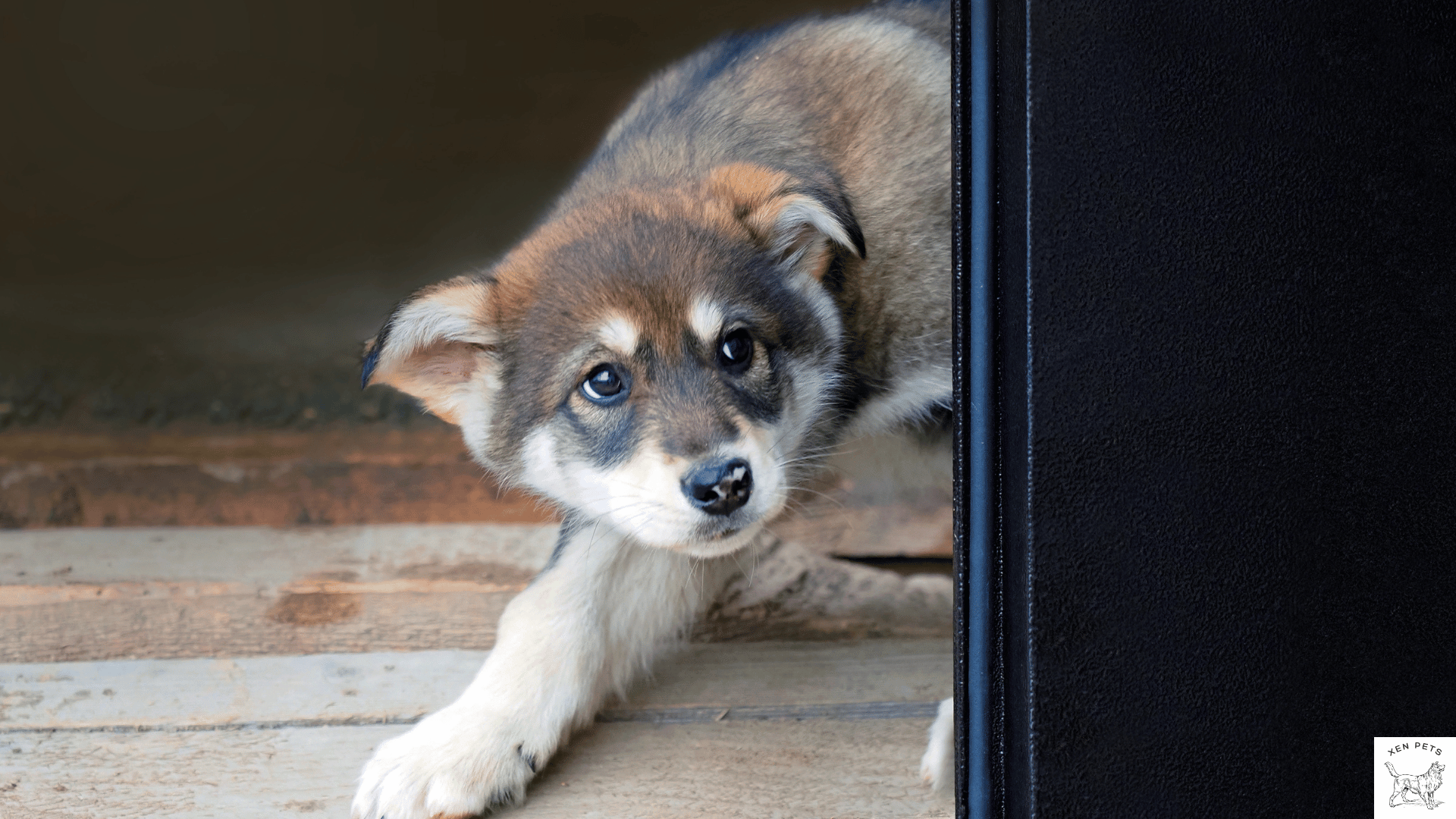
When your dog is experiencing extreme fear or anxiety, it's not uncommon for them to shake uncontrollably. This can be a scary sight for pet owners.
If your dog is shaking due to fear, stress, or anxiety, it's important to provide them with a comfortable and safe environment and consult with a veterinarian to determine if they need any additional support.
Calming Chews are a great option for stressed and anxious dogs.
Our treats are great for promoting relaxation and relieving anxiety.
Each of our ingredients were chosen for their relaxing properties, while promoting healthy brain activity, digestion, and cardiac function.
- Calming Chews for Dogs - Shop today for Free Shipping.
They're essential for the healthy development of all dogs.
Our premium chews are made with herbs, vitamins like thiamine, and important minerals.
2. Poisoning

Poisoning is a terrifying experience for any dog owner, especially when they witness their dog shaking uncontrollably.
This symptom of poisoning is a clear indication that your dog needs immediate medical attention.
If you suspect that your dog has ingested something toxic, waste no time in getting them to your vet.
3. Seizure disorders
Epilepsy, a seizure disorder, can affect dogs and cause a range of symptoms that can be distressing to witness.
If your dog starts jerking around and their muscles start twitching, or if they lose consciousness, it may be indicative of an epileptic episode.
While it can be scary to see a dog go through a seizure, it is important to remain calm and take note of the symptoms to provide accurate information to your veterinarian.
With proper care and management, dogs with epilepsy can live happy and healthy lives.
4. Pain
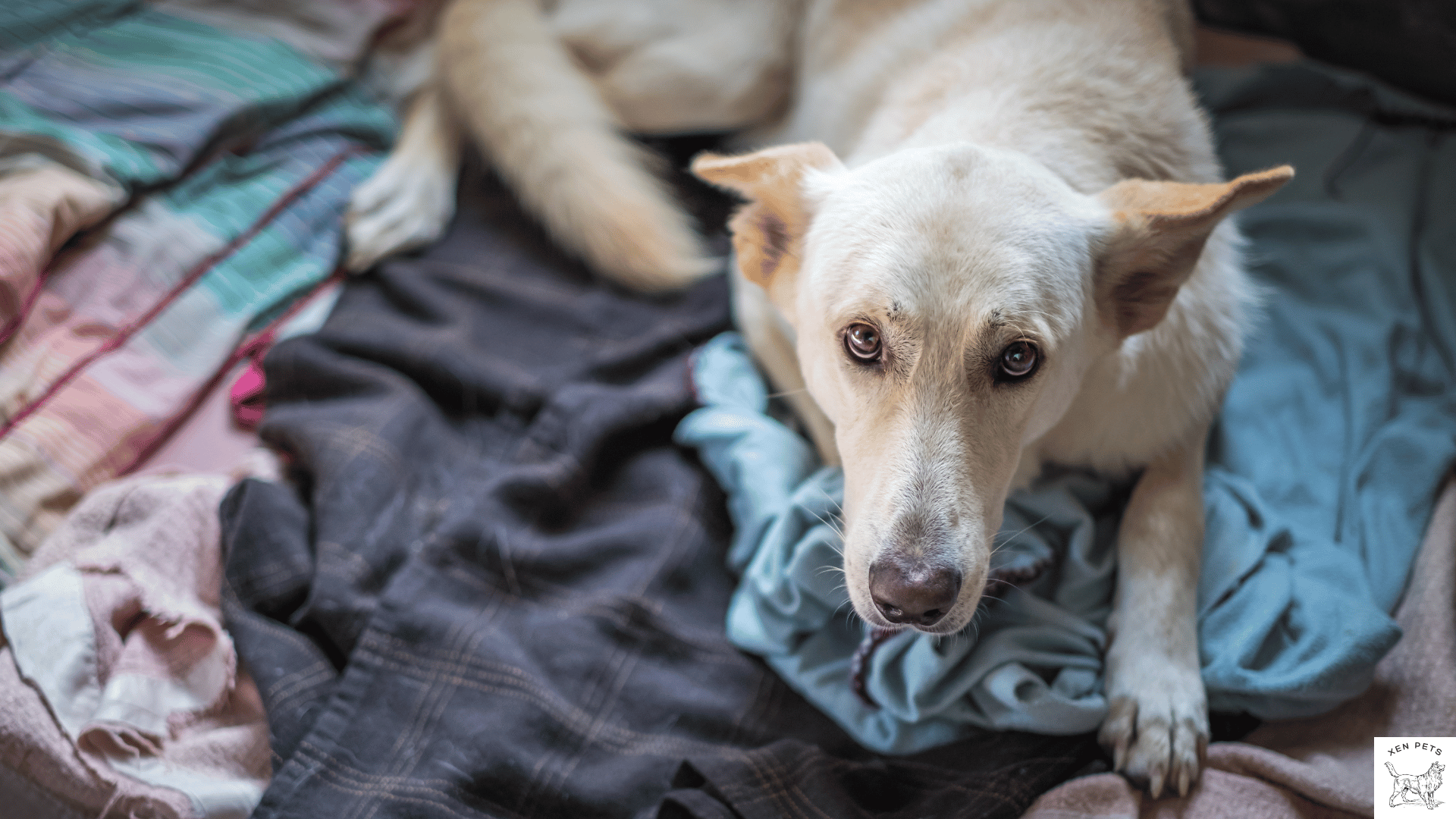
One of the most common signs of pain in many dogs is trembling or shaking.
If you notice your dog trembling or shaking, it's essential to take them to the vet for an evaluation.
Some medical issues could be causing your dog's discomfort, such as an injury, or an underlying illness.
Prompt treatment and pain management can alleviate discomfort and ensure your dog's overall well-being.
5. Generalized tremor syndrome
Your dog might be showing signs of generalized tremor syndrome (GTS). This neurological disorder causes dogs to experience repetitive and involuntary movements, such as shaking and trembling, throughout their body.
The cause of generalized tremor syndrome is unknown, but it is believed to be a genetic condition that affects certain dog breeds like the Maltese.
While it may not be life-threatening, it can significantly decrease your dog's quality of life, making it difficult for them to perform essential tasks such as eating and walking.
Therefore, if you suspect that your dog has generalized tremor syndrome, it's essential to take them to the vet for a proper diagnosis and treatment.
6. Distemper

Canine distemper is a viral disease that can wreak havoc on your dog's health.
While it might start with common symptoms like fever and coughing, it can advance to more severe symptoms like tremors and seizures.
In these cases, immediate medical attention is necessary to improve your dog's chances of full recovery.
It is essential to keep up-to-date with your dog's vaccinations to prevent them from getting infected with a virus causing canine distemper.
7. Cold
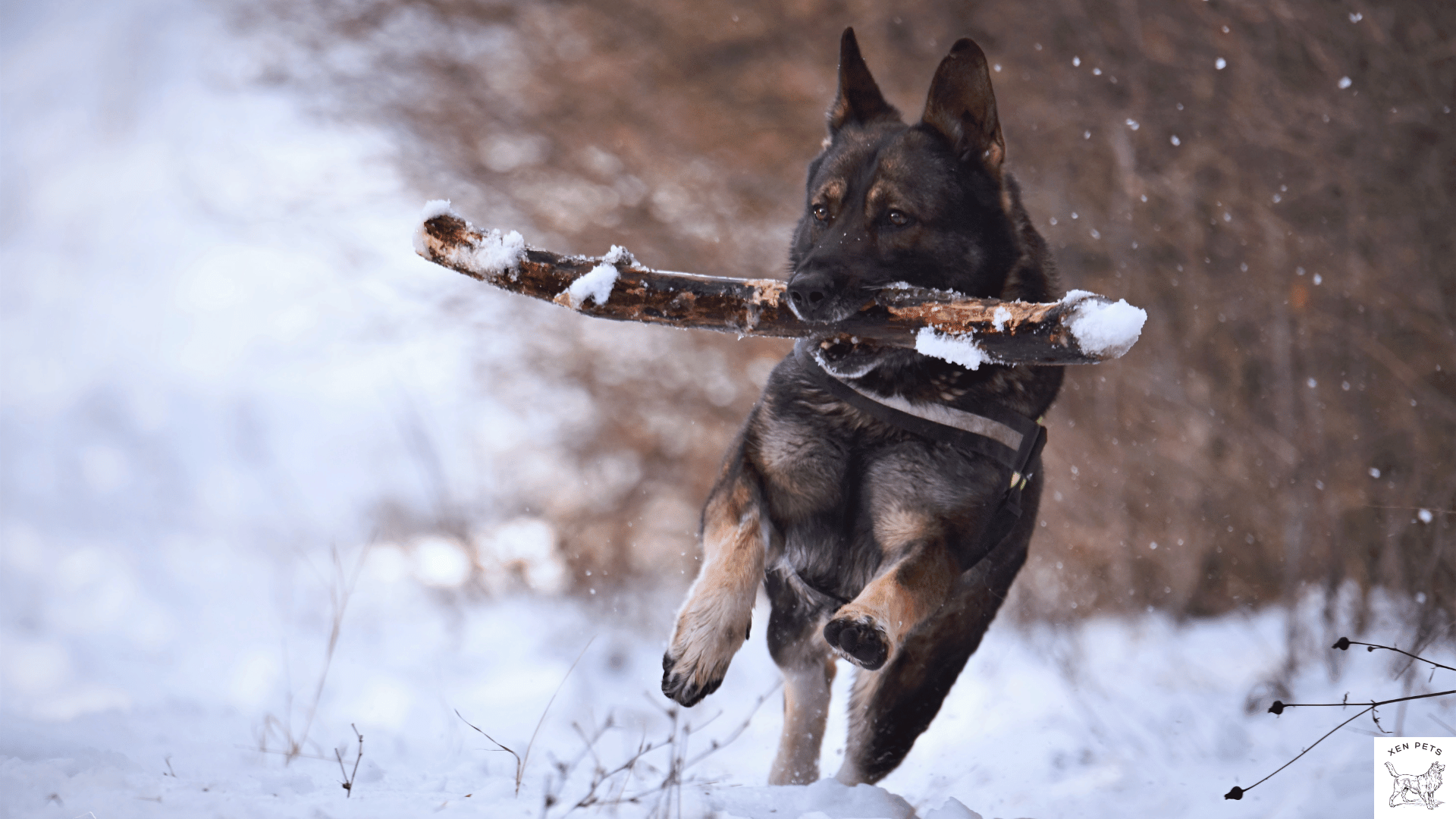
Dogs have fur coats, but they're not invincible to cold weather.
If you notice your dog shaking, it's a sign that they're feeling cold and uncomfortable.
The best thing you can do is provide them with extra warmth, whether that means bringing them indoors or giving them a cozy blanket to snuggle up in.
8. Old age

As dogs age, it's common for them to experience physical changes that impact their daily lives. One such change is tremors or shaking, which can be concerning for dog owners. Muscle weakness comes with old age, causing tremors and shakes.
While tremors may appear unsettling, they are usually not a cause for major concern in older dogs.
9. Ear infection
Ear infections can cause discomfort and pain.
One of the most common signs that your dog may be experiencing an ear infection is excessive shaking.
This occurs due to the inflammation and irritation of the ear canal, which can make your dog feel uneasy and distressed.
Ear infections can be caused by a variety of factors, including allergies, moisture accumulation, and bacterial or yeast infections.
10. Excitement
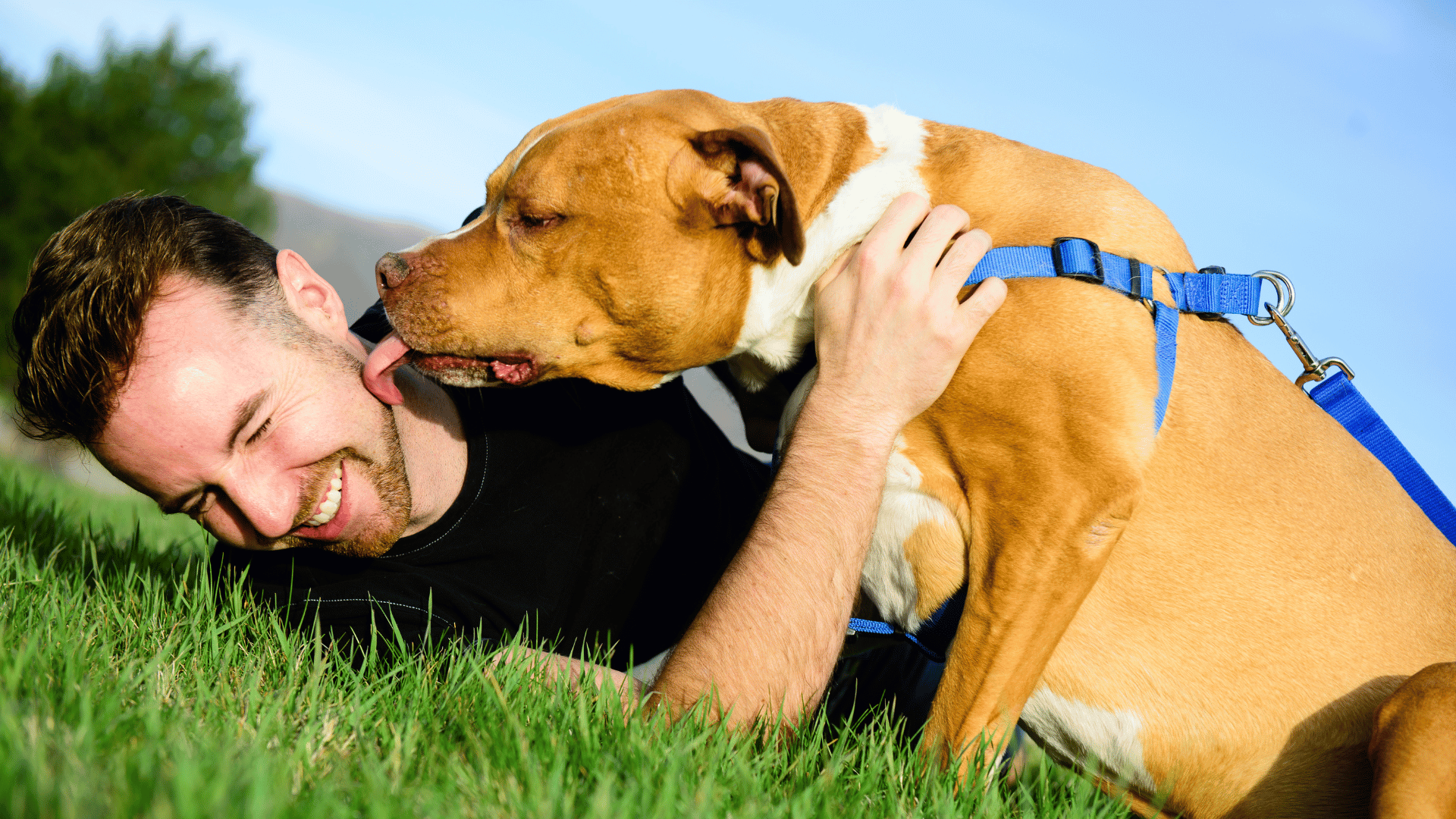
Shaking can indicate that your dog is overstimulated or feeling extremely hyped up.
Whether it's due to a particularly tasty treat or the prospect of a long walk, your dog may show shaking or trembling behavior as a way to take in all that sensory information.









